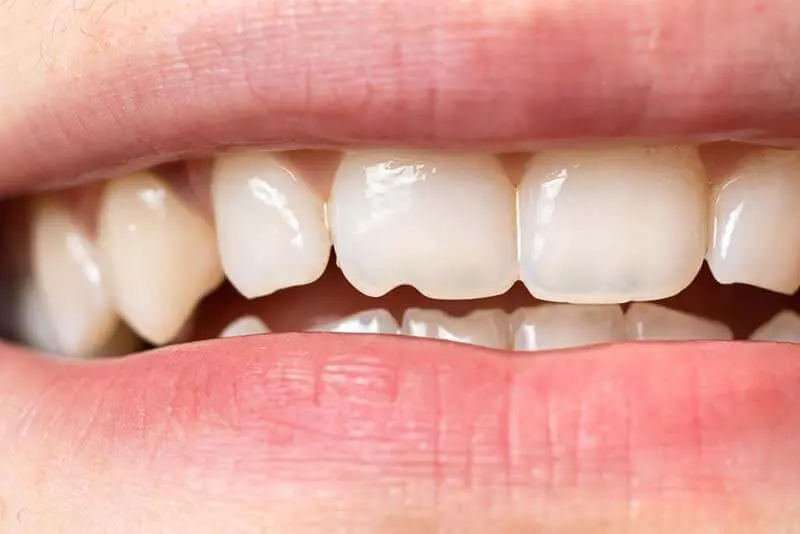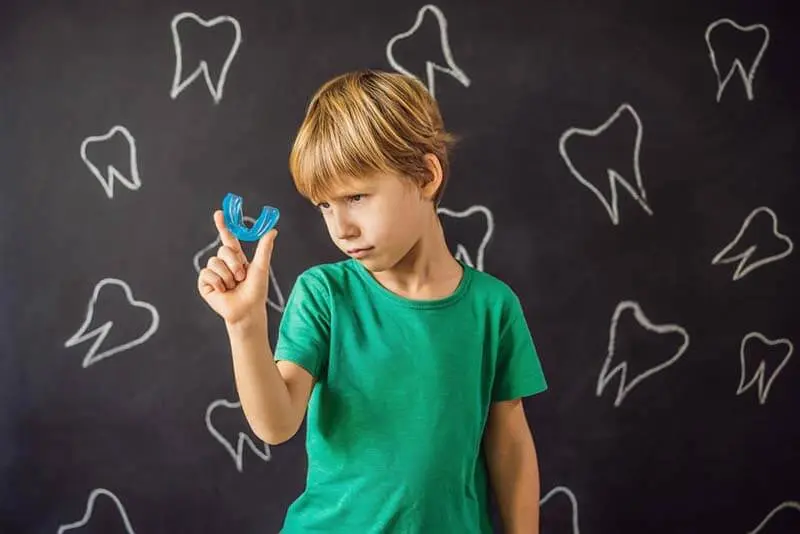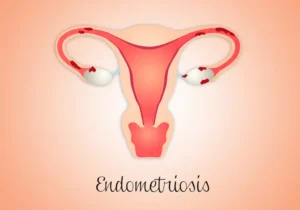If you have sleep apnea, your dentist may recommend that you wear a custom-fitted mouthpiece during the night. This will help prevent grinding and clenching of your jaw muscles, and associated jaw pain.
If your dentist has recommended that you wear a nightguard (or mouthguard), it is important to follow his or her instructions carefully. If you do not use the mouthguard correctly, it could cause more harm than good.
The American Academy of Sleep Medicine (AASM) recommends wearing a mouthguard at night for people with sleep disorders such as obstructive sleep apnea or restless leg syndrome. The AASM also recommends using a mouthguard if you grind your teeth while sleeping.
What is a Nightguard?
A nightguard, usually made out of plastic, fits over your teeth while sleeping to protect them from damage. Most people wear one every night because they are afraid of tooth decay. They protect your teeth from damage caused by grinding during sleep. This is especially important for teenagers and adults who grind their teeth throughout the day.
While wearing a nightguard does not prevent tooth decay, it does reduce the amount of pressure put on your teeth. If you do not wear a nightguard, you could develop problems like cracked enamel, chipped teeth, or even gum disease.
How do I wear my nightguard?
You should always wear a nightguard when you go to bed. You can buy them in drugstores or online. Make sure that you get a nightguard that fits properly; it should be snug but comfortable.
When you first start wearing a nightguard, you might notice some discomfort. But after a few nights, you won’t feel any pain.
Reasons Why You Should Wear a Nightguard
If your jaw hurts every once in a while, you might want to consider wearing a nightguard.
When you grind your teeth during the day it’s called “awake bruxism,” while “asleep bruxism” is for people who clench or grind their teeth at night.
Stress is one of the main reasons for teeth grinding. During the coronavirus outbreak, people are experiencing more stress than usual, which may lead to an increase in tooth grinding.
According to the American Academy of Sleep Medicine, there are three types of bruxism: primary, secondary, and tertiary. Primary bruxism occurs without any apparent reason. Secondary bruxism is caused due to some medical conditions like temporomandibular joint disorder, arthritis, oral injuries, neurological disorders, and others. Tertiary bruxism is caused by medications like antidepressants, antipsychotics, sedatives, antihistamines, anticonvulsants, benzodiazepines, opioids, muscle relaxants, alcohol, caffeine, tobacco, cocaine, marijuana, amphetamines, and others.
The most common symptoms include pain in the face, neck, head, arms, shoulders, and hands; earaches; tinnitus; tooth sensitivity; sore throat; dry mouth; swollen gums; and difficulty falling asleep.
According to Healthline, there are ways to prevent bruxism and treat it if it does occur. A nightguard is one way to help reduce the risk of developing sleep bruxism.
There are Different Types of Mouthguards Available That Protect Your Teeth from Damage
Stock mouthguards are the most common type of mouthguard. They are designed to protect your teeth and gums during contact sports such as football, basketball, hockey, lacrosse, baseball, soccer, rugby, wrestling, MMA, etc, and can be used as nightguards. Stock mouthguards typically consist of a thin plastic material that covers both sides of your upper jaw. They often include a strap that goes around the base of your lower jaw. There are many different types available.
Stock mouthguards are easy and inexpensive to buy, but they come without any customization options. If you want something else, like custom-made mouthguards, you have to pay extra money. Another downside is that they don’t always fit well. Some people complain about having sore spots where the guards rub against their cheeks.
Customized mouthguards offer several advantages over stock mouthguards. First, they allow you to make changes based on your specific needs. Some people prefer thicker guards while others prefer thinner ones. Some people want to wear braces or orthodontic appliances under their guards, while others don’t mind wearing it without anything underneath. Customized mouthguards also give you the option to add features like bite blocks, tongue depressors, or even custom-designed mouthpieces.
Causes of Teeth Grinding
Teeth grinding is one of the most common reasons why people seek dental treatment. In fact, it affects up to 40% of adults at some stage during their lives. Although there are many factors that can lead to teeth grinding, here we take you through the most common ones.
Here are five possible reasons why you might be grinding your teeth.
1. Stress
Stress can lead to clenching and unclenching our jaws. This can make us feel tense and anxious, especially if we’re worried about something. If you find yourself grinding your teeth, try focusing on relaxing exercises such as deep breathing or listening to music. You could even go for a walk outside to help calm down.
2. Anxiety
Anxiety is another reason why people tend to clench their jaw. When we’re stressed out, our bodies release chemicals called “stress hormones.” These include adrenaline and cortisol, both of which increase blood pressure and muscle tension. As a result, we may notice our jaw muscles tightening and our teeth grinding.
3. Sleep apnea
If you suffer from obstructive sleep apnea (OSA), this condition can cause you to grind your teeth in your sleep. OSA occurs when your airway becomes blocked by excess tissue or fluid. It’s usually caused by an enlarged tonsil or adenoids gland. The obstruction makes it difficult to breathe properly during sleep. This leads to frequent arousals and snoring.
4. Depression
Depression is another mental health issue that can trigger teeth grinding. People with depression often experience feelings of sadness, loneliness, anger, and hopelessness. All these emotions can contribute to stress and anxiety.
5. Oral health problems
Another potential cause of teeth grinding is oral health problems. If you have gum disease, tooth decay, or other issues affecting your teeth, you may start grinding your teeth to get relief.
How to Reduce Teeth Grinding
If you find yourself grinding your teeth while sleeping, there are a few things you can do to stop it. You might want to consider some of these suggestions:

1. Use a nightguard.
2. Reduce stress levels.
3. Eat smaller meals throughout the day.
4. Drink plenty of water.
5. Try some over-the-counter pain relievers.
6. If none of those work, talk to your dentist about your options.
Preventing Oral Health Issues is Key to Maintaining Good Oral Health
The best way to prevent teeth grinding and tooth pain, which can lead to broken teeth, is to maintain good oral hygiene. Use fluoridated toothpaste for brushing twice daily and floss once per week. Be sure to visit your dentist regularly so he/she can check your gums and remove any tartar build-up.
Finally, avoid chewing gum, candy, and hard candies after dinner because they can stick between your teeth and cause more irritation.
What are the Risks?
A sports mouthguard could do much more harm than good. It covers the teeth and prevents the flow of saliva into the area where it is needed most. In fact, some dentists say the best way to prevent tooth decay is to brush twice daily and floss once a day. This will help keep the harmful bacteria off of your teeth and reduce the chances of developing cavities.
The worst thing about wearing a mouthguard during sleeping hours is that it traps bacteria on the gums’ surface. Bacteria are what causes tooth damage, including tooth loss, and tooth decay. When you wear a sports mouthguard, you’re trapping the bacteria on your gums and keeping it there overnight.
Summary
Teeth grinding is not normal. However, if you feel like your teeth are constantly grinding at night, you should consult your dentist. They can determine whether you need to use a nightguard or to see a specialist for treatment.





